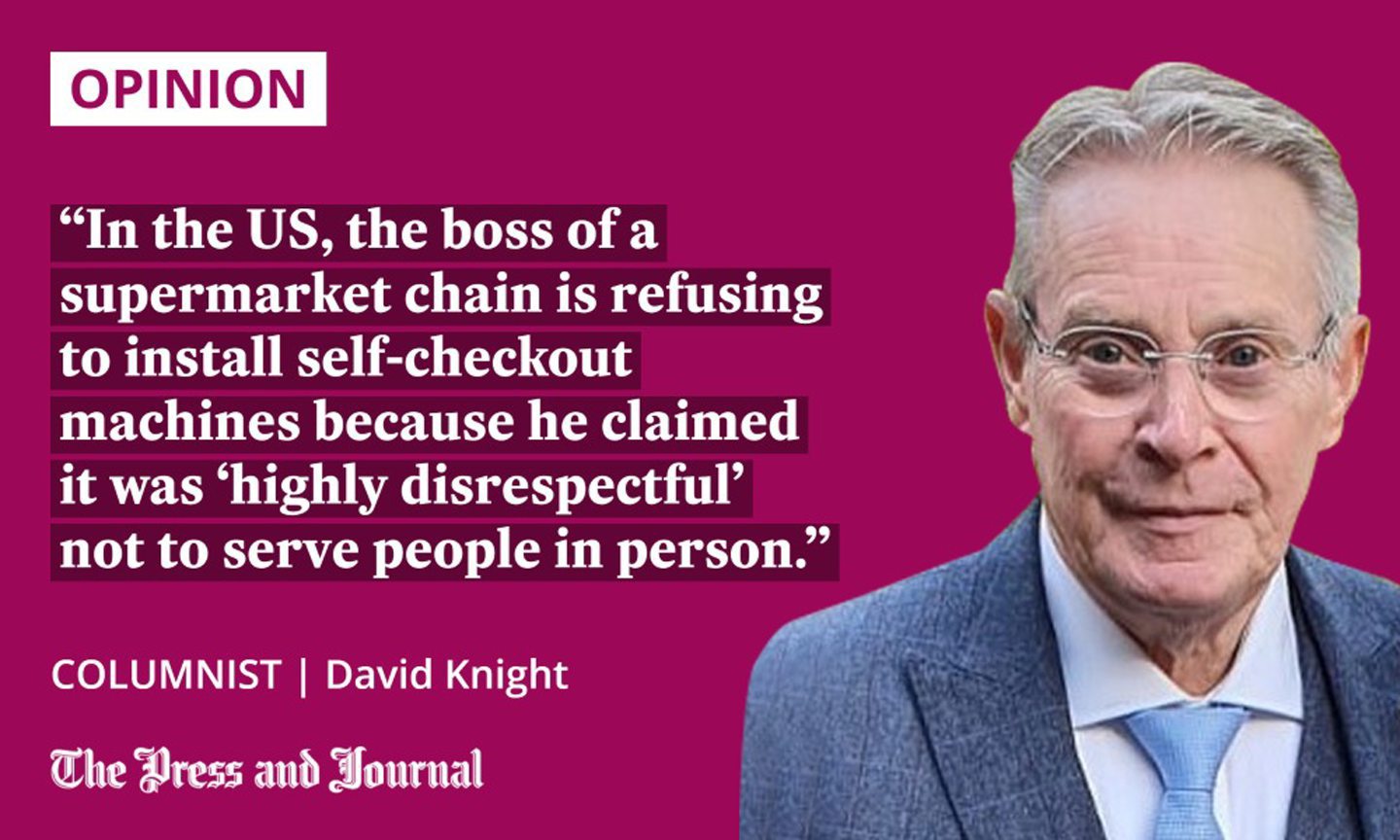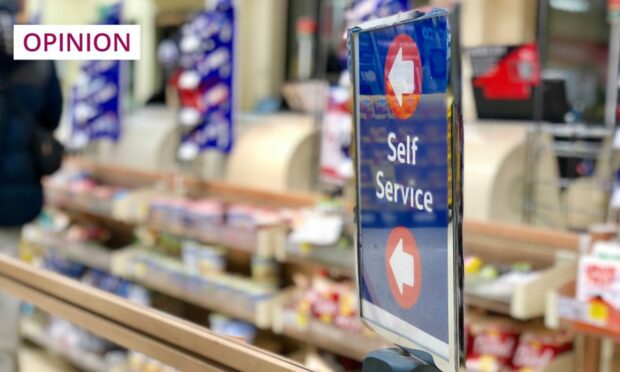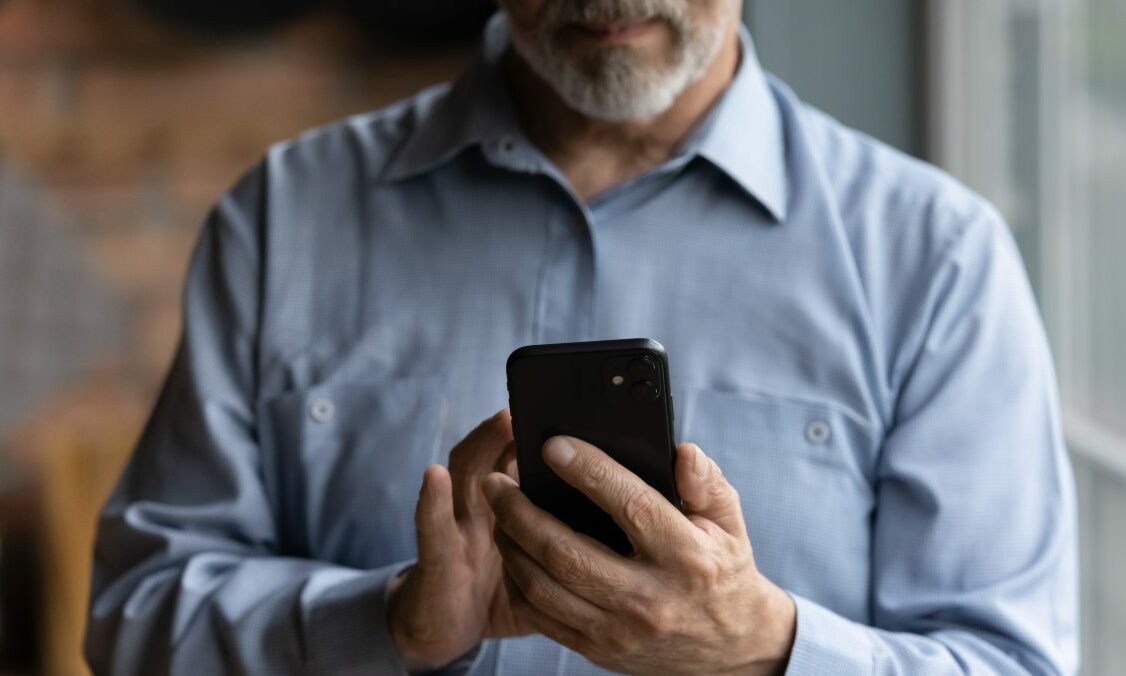I never quite forgave Tesco for putting up the price of small tins of Branston baked beans. They were toast with me after that.
The beans used to sit modestly on the shelf at an excellent price of 50p. Overnight, they shot up to 75p – a 50% leap way beyond inflation rates.
And, so, the cost-of-living merry-go-round had begun.
A shifty-looking bunch of supermarket bosses were hauled before MPs to explain themselves recently. Not about Branston baked beans specifically, even though that would have pleased me no end.
It was about shocking food prices in general. They carried a basket full of excuses – much too big to get through one of those infernal supermarket self-checkout machines which are driving consumers mad.
There is an age-old familiarity about people profiteering in a crisis. And the supermarkets have form.
We have only just got over the fuel pump rip-off, which dragged on for an obscene length of time behind the retailers’ smokescreen claiming that they were at the mercy of wholesale markets.
The answer to food prices is to shop around; ditch old loyalties and go elsewhere.

The way in which we buy food and other services has changed dramatically. As a result, new phrases entered our vocabulary – such as: “We are facing a high number of calls, please try later” and: “Unexpected item in the bagging area”.
And this is amid the unrelenting brainwashing to persuade us to go online at every opportunity.
The banks played a lead role in this tragic farce. They kept closing branches across the Highlands and north-east, claiming they were simply reflecting the behaviour of customers, who preferred online transactions over face-to-face contact with real staff.
This had a chicken and egg feel to it: we suspected they were actually shutting branches to make us go online whether we liked it or not – not the other way around.
Don’t get me wrong: I like a good banking app as much as anyone else, but this has to be balanced. The human touch remains vital and reassuring.
Why can’t I speak to a real person?
The other day, I tried to warn my building society about possible dodgy activity on my account. I don’t mean my own financial shenanigans. No, it wasn’t my fault this time.
My feverish imagination persuaded me that I had fallen into the clutches of international gangsters online. And all I was trying to do was buy a pair of shoes.
But could I get through to the fraudbusters to give me peace of mind?
Well, I did eventually, but only after numerous obstacles and delays were thrown in my way by the automatic prompter on the other end of the line – most of which involved doing everything myself online; a barrage of options all designed to stop me talking to anyone in person. It saves money and staff, I suppose.
Why is it that, whenever an auto-voice asks you to explain in a few words why you are calling, it feels like you’ve just turned up at a remote Mongolian village and no one understands a word?
As the minutes dragged by, I imagined my accounts being drained faster than a dog licking a bone. More of that later.
For whose benefit is self-checkout – ours or theirs?
My wife avoids self-checkout machines like the plague; apart from being a pain to use with their annoying snags and delays, she knows they are doing staff out of jobs.
Self-checkout is also devoid of human contact. Spy cameras and some with automatic barriers make it feel more like passport control.
Conversely, I think the few remaining checkout cashiers perform a social service for lonely people who never speak with anyone.
The Grocer magazine revealed that a growing number of shoppers hated self-checkout
With the bigger supermarkets raking in around £1 billion in profits every year, you’d think they could keep more human contact in stock. For whose benefit is self-checkout – ours or theirs?
Two recent reports offer food for thought. The Grocer magazine revealed that a growing number of shoppers hated self-checkout. And, in the US, the boss of a supermarket chain is refusing to install them because he claimed it was “highly disrespectful” not to serve people in person.
You can’t beat human contact
It was a pair of upmarket Loake shoes that I had set my heart on. An online flash sale, and I only had 30 minutes to buy them. I couldn’t give them my bank details fast enough.
But I got cold feet rather than new shoes, as I became suspicious when the transaction switched to dollars and the contact address wasn’t Loake, but an unconvincing email. A friendly man at the building society froze my account in time.
I contacted Loake in Kettering who couldn’t apologise enough. Yes, it was a sophisticated US-based scam which had been giving them headaches over the past few days.
I was grateful to them, and the other nice man at the building society. You can’t beat human contact.
David Knight is the long-serving former deputy editor of The Press and Journal

